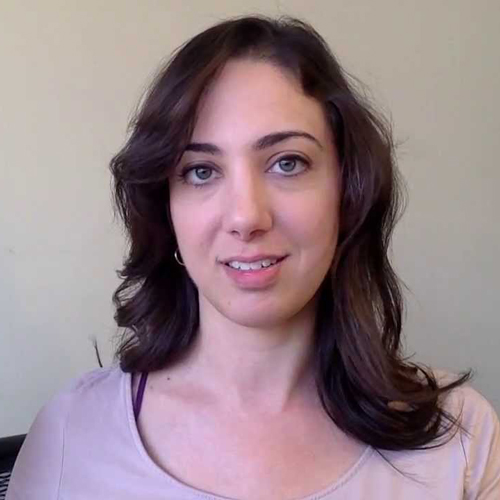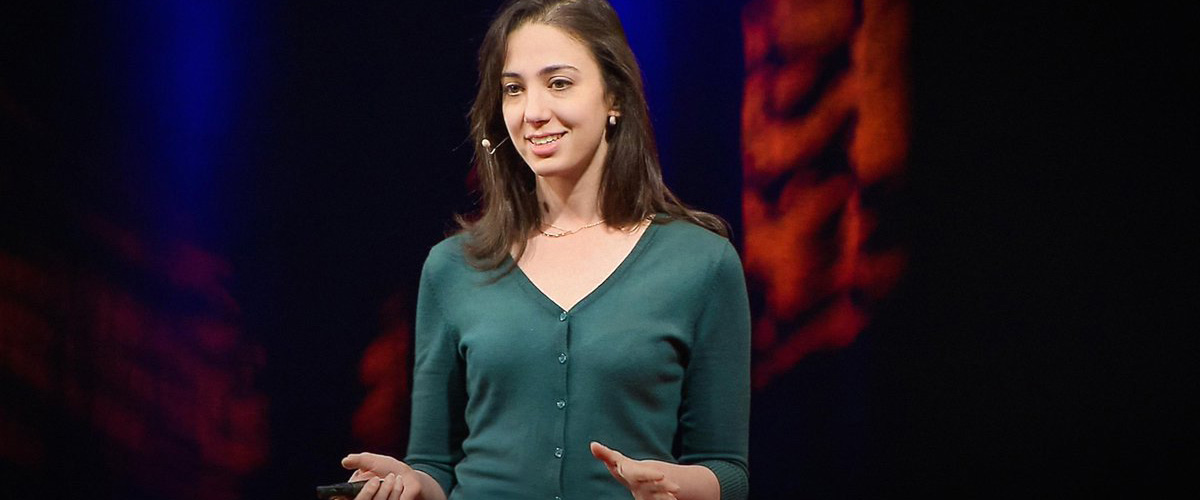“Do you yearn to defend your own beliefs?” Asked Julia Galef at the conclusion of her TED Talk; Why You Think You’re Right Even if You’re Wrong. “Or do you yearn to see the world as clearly as you possibly can?”
Apparently the difference between the two mindsets could be the difference between life or death if you are talking about a subject that lends itself to that.

What does Galef mean? Well, she means this. If you are always trying to prove that you are right, you might miss the fact that there is compelling evidence that speaks to a new truth and you will live in your incorrect mindset that’s potentially rooted in a tribal mentality and defensiveness.
But if you want to see the world for the truth that it has to offer, you will be proud when you notice something is not what you may have initially thought it to be and you will let your intrigue guide you to be excited about new truths instead of being ashamed that you were wrong.
To illustrate her point, Galef gives the example of french officer Alfred Dreyfus, who was convicted of high treason in 1894 by the French army based on the fact that a memo that had been found with evidence of spying that seemed to match Dreyfus’ handwriting. Dreyfus had a stellar record and a full investigation of his home and belongings returned zero evidence of spying. Further, numerous handwriting experts submitted that his handwriting was not even a perfect a match with the spyers memo. The one thing that Dreyfus had working against him was that he was Jewish and that the French army were largely anti-semetic. This led the French to do everything in their power to prove that they were right. Despite the mounting evidence that Dreyfus was in fact most probably innocent.
Ten years later, with the help of another french official by the name of Colonel Picquart, Dreyfus was exonerated. It took curiosity, open mindedness and being grounded on the part of Picquart, who was also openly anti-semetic. Instead of trying to prove that he was right, Picquart decided to prove what seemed true. He had found evidence that despite the fact that Dreyfus was in prison, the spying was still happening and that there were other French officers with handwriting that more closely resembled that of the initial memo. Picquart’s sense of curiosity and yearning for the truth is what exonerated Dreyfus. It wasn’t easy and Picquart was also imprisoned on his quest for truth for disobeying the French government. But in the end, his passion to show the reality of the situation paid off.
So how do we ensure we make the best decisions instead of just proving that we are right?
“What I’m gonna argue today,” says Galef. “Is that having good judgement, making accurate predictions, making good decisions is mostly about which mindset you are in.”
The wrong mindset is one where you really really want to be right. “You might have noticed that when the referee judges that your team committed a foul, you’re highly motivated to find reasons why he’s wrong,” she continues. “But if he judges that the other team committed a foul thats awesome, thats a good call. Our judgement is influenced strongly by which side we want to win. This is ubiquitous. It shapes how we think about our health, our relationships, how we decide how to vote, what we consider fair or ethical and what’s most scary to me about motivated reasoning is how unconscious it is.”
Scary is right. In a world where injustice is so prevalent, it may be a good time to ask ourselves, ‘do I just want to be right?’ Or ‘do I yearn for the truth?’ Thank you Galef, for reminding us that our best selves come to the fore when we believe in the latter.




